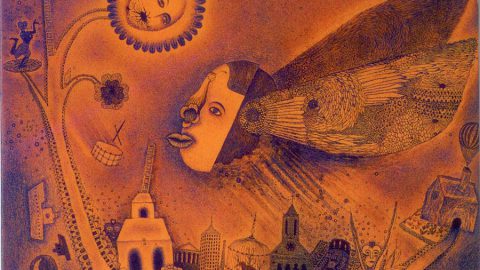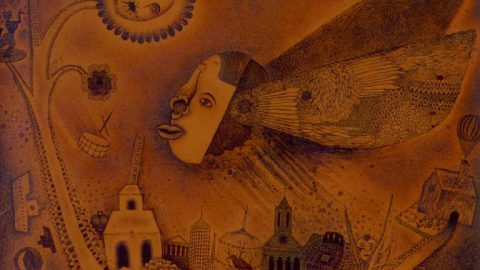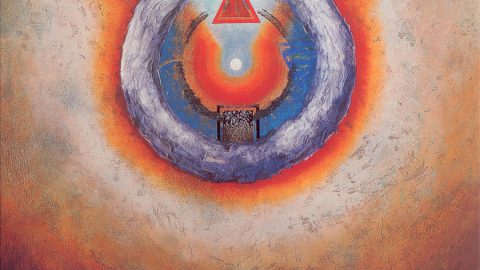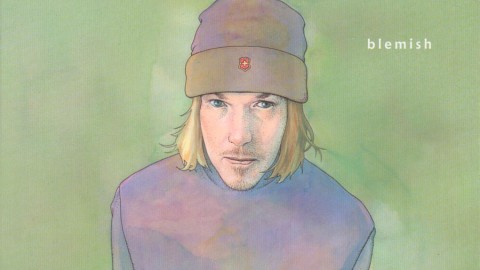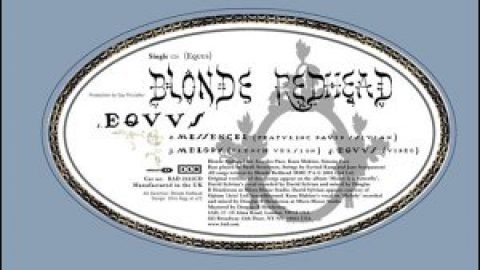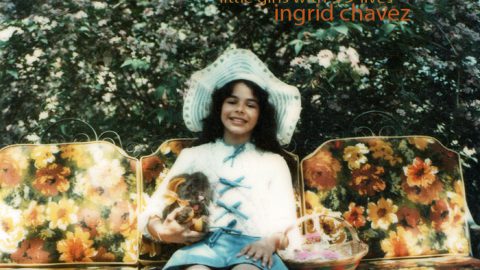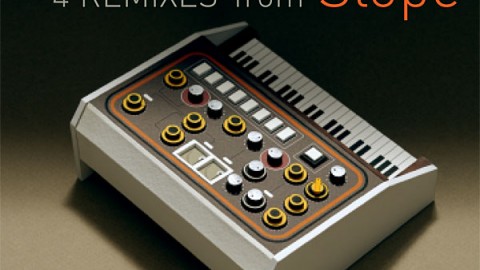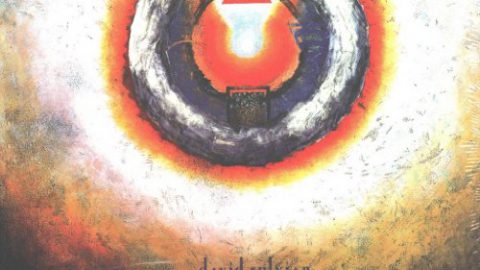Released at March 29, 1999
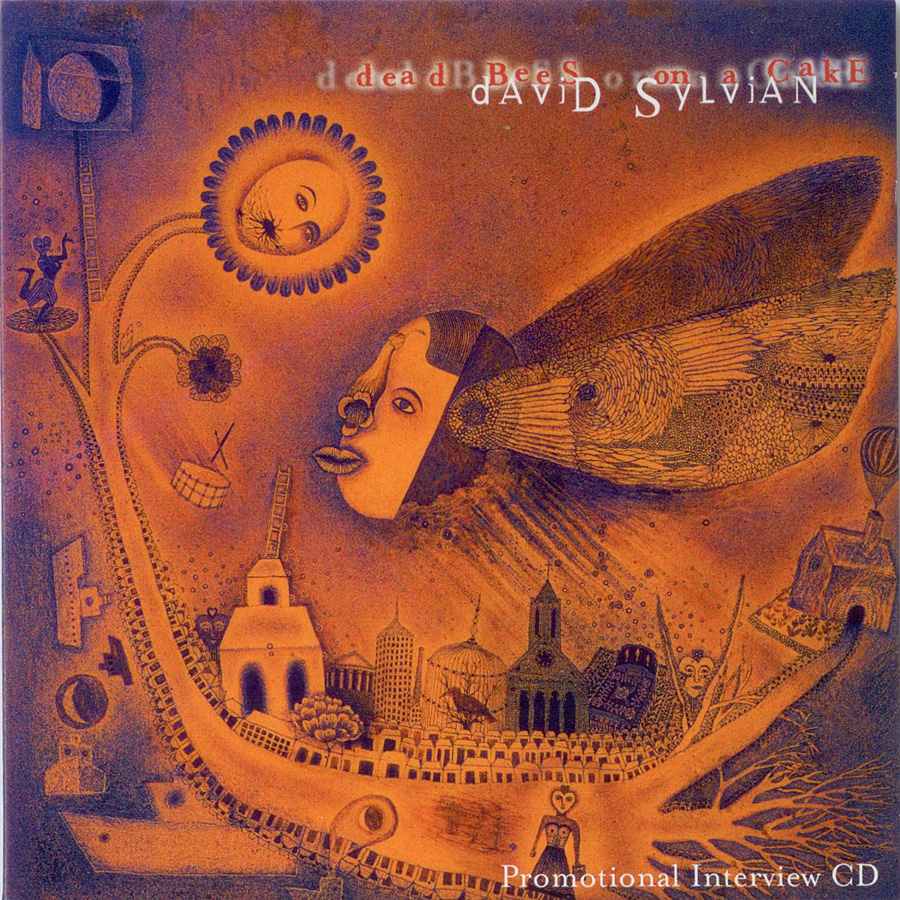
Release date:
March 29, 1999
Copyright:
1999 VIRGIN RECORDS LTD
Length:
49:45
Status:
Official
All 49 answers for the open-ended radio interview. Interview conducted by Sally Stratton
For practical reasons, all 49 tracks can be played her within 1 track.
David Sylvian Questions for open-ended radio interview
- Do you like to think of yourself as sitting outside the mainstream of today’s pop music?
- How influential do you think Japan was as a group and has that influence lasted?
- Was how you looked as important as how you sounded in those days?
- Why do you think the country Japan embraced the group so warmly?
- Was the music you were making then a reaction against punk or did it grow out of the punk ethic?
- Why do you think Japan was a successful group?
- A lot of people thought you were mad to split up at the peak of your success. Why did it happen?
- When did you first come up with Ryuichi Sakamoro and how did that come about?
- When ‘Brilliant Trees’ was such a big success were you reassured that you’d done the right thing in going solo?
- How did your solo and collaborative career progress from then on?;
- Why did you decide to regroup the Japan members as Rain Tree Crow at the end of the 80’S?
- Do you think you would ever resurrect that line-up again?
- Has your interest in the visual side of being a musician, in videos for example, developed over the course of your career?
- Have other areas of the visual arts like cinema been more influential?
- Why did you move to the US?
- There are a lot of references to the elements and the skies and the light in the songs on this album. Do you have a close relationship with the natural world?
- Do you think something of the clarity in your environment found its way into the lyrics of the songs?
- At what point did you feel ready to put out another solo album?
- Did you find that you captured things on this album that would not have been achieved in a more sterile studio environment?
- You were the writer, arranger, producer and multi-instrumentalist on this album, did you enjoy having so much control?
- When you went back and put the parts down yourself did you use samples or were you using real instruments?
- How did you pick the musicians you did use on the album?
- You mentioned earlier that Ryuichi Sakamoto’s experience of orchestration impressed you in those early days. Did you work together on the orchestral arrangements for this album?
- Does this album have a theme?
- Do you think you’re likely to get the ‘new age’ label attached to your music with lhis album?
- How did you decide upon the title ‘Dead Bees On A Cake”?
- You’ve talked about the spiritual motivation behind this album, what was motivating you as a musician?
- There’s quite a variety of styles on here from blues to jazz to the Indian innuences, How do you merge them all together?
- Do you find talking about your songs a liberating experience or does it make you uncomfortable?
- Over the years you’ve been involved in many artistic endeavours outside music, is it important for you to keep a hand in with the rest of the arts?
- Are your children responsive to your work?
- Where did the album artwork come from?
- Are you planning any concerts to promote this album?
- Are there any other collaborations you’ve yet to achieve?
- Will we have to wait as long for your next album?
- Let’s talk about ‘I Surrender’ – the instrumentation on this is interesting…
- On to ‘Dobro #1 … what is a dobro’?
- There’s a bluesy feel to ‘Midnight Sun’. It’s a very American-sounding track, in fact it reminds me of Tom Waits …
- ‘Thalheim’…
- ‘Godman’…
- ‘Alphabet Angel’…
- ‘Krishna Blue’…
- ‘The Shining Of Things’ …
- ‘Cafe Europa’…
- ‘Pollen Path’…
- ‘All Of My Mother’s Names … what’s the significance of the title and was there a lot of improvisation on this one?
- ‘Wanderlust’…
- ‘Praise (Pratah Smarami)’
- And then you end the album with a very reflective track, ‘Darkest Dreaming’.

